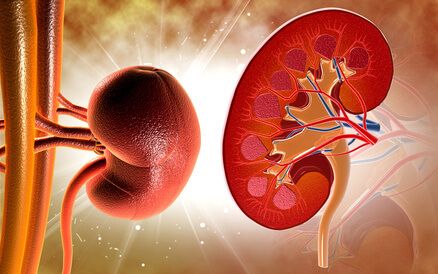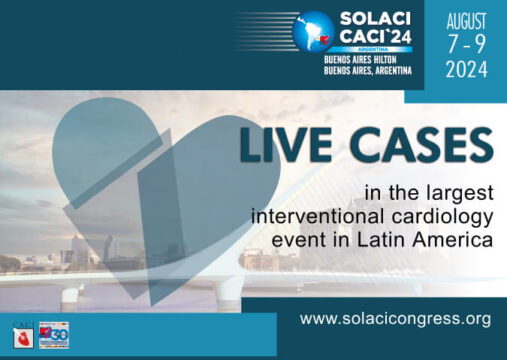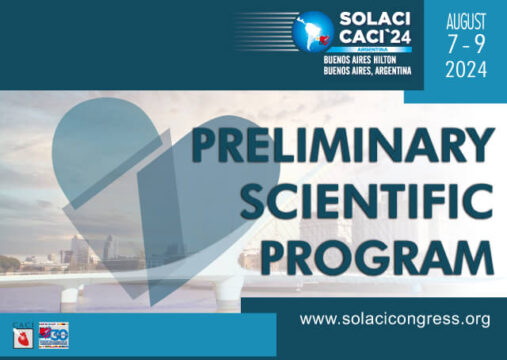Another important work that does not see the benefits of bivalirudin over heparin as monotherapy as regards both efficacy (death and MI) and safety end points (bleeding) in patients undergoing acute myocardial infarction with and without ST elevation.
The study VALIDATE-SWEDEHEART, presented at ESC, simultaneously published in the New England Journal of Medicine, randomized 6000 patients to find a definite answer to the question on the clinical advantage of bivalirudin over heparin.
While the initial studies have seen a benefit in bivalirudin, since more and more studies are being designed to assess the daily practice (bail out use of IIBIIIA glycoprotein inhibitors, more powerful than P2Y12 inhibitors, and transradial approach) bivalirudin has been losing ground.
Read also: “Transradial access shows no benefit of bivalirudin”.
This study randomized 3005 patients undergoing ST elevation MI and 3001 undergoing non ST elevation MI to bivalirudin vs. heparin as monotherapy. It excluded patients pretreated, or to be treated, with glycoprotein inhibitors, though it obviously allowed bail out.
The protocol recommended to continue with bivalirudin infusion after PCI. In fact, two thirds of the population did so.
At 180 days after procedure, primary end point occurred in 12.3% of patients in the bivalirudin group vs. 12.8% in the heparin group, a non-significant difference consistent across MI types.
Read also: “CTO in patients with acute myocardial infarction increases long term mortality”.
Neither were there differences in MI, major bleeding, stent thrombosis or death.
The recommendation to use the transradial approach (90% of the population) and the low rate of glycoprotein inhibitors made the bleeding rate really low in both groups, leaving no margin for bivalirudin to show any advantage. Put in context, the study HORIZONS-AMI used the transradial approach in less than 5% of the population, and glycoprotein inhibitors were prescribed by protocol to the heparin group, which made a difference in bleeding in favor of bivalirudin. Today, the HORIZONS-AMI is rather far from the daily practice.
Original Title: Bivalirudin versus heparin monotherapy in myocardial infarction.
Presenter: Erlinge D.
Subscribe to our weekly newsletter
Get the latest scientific articles on interventional cardiology
We are interested in your opinion. Please, leave your comments, thoughts, questions, etc., below. They will be most welcome.






